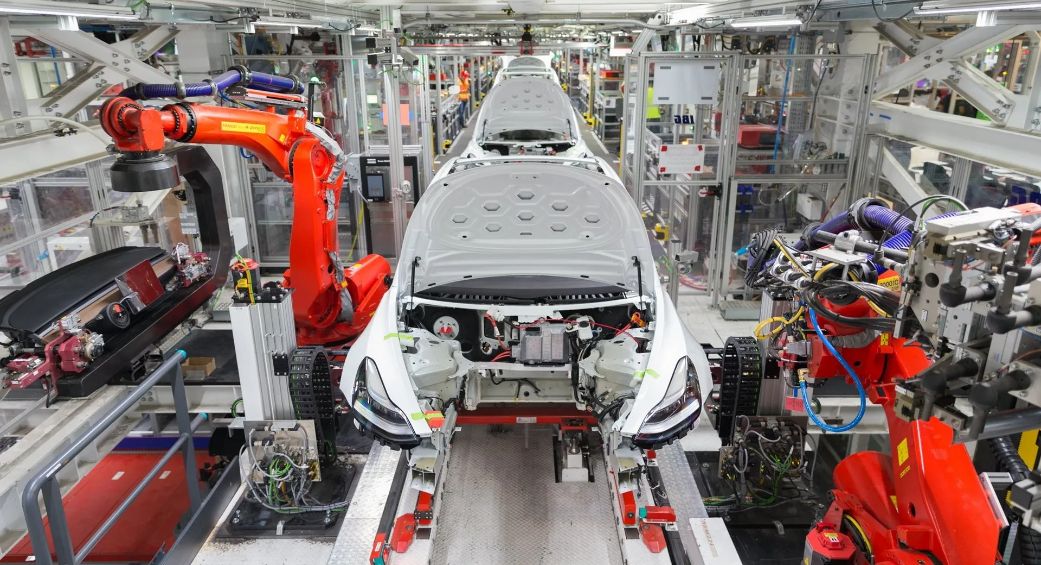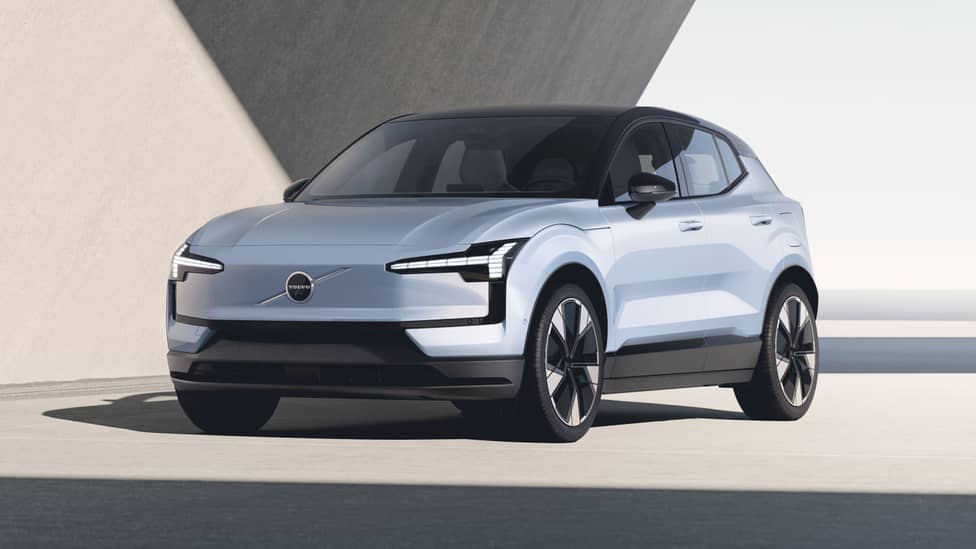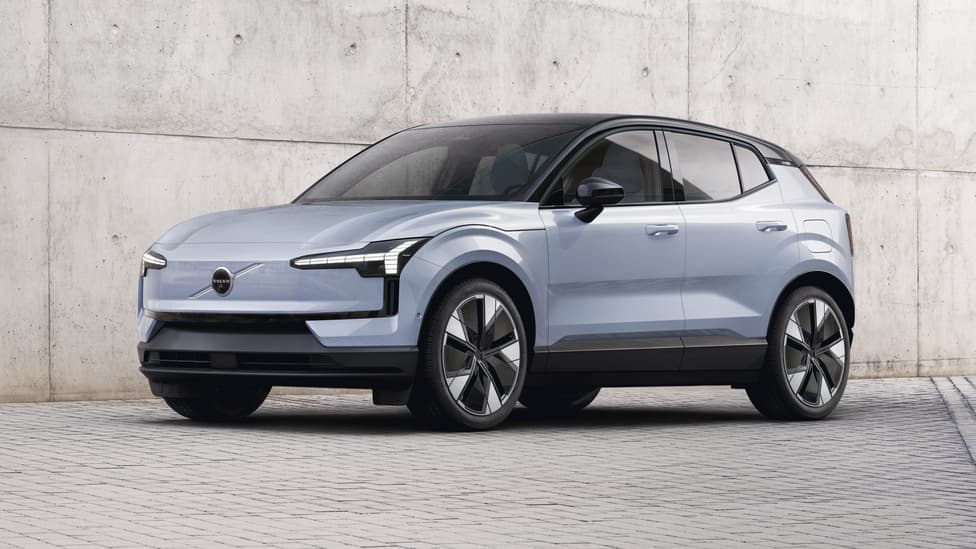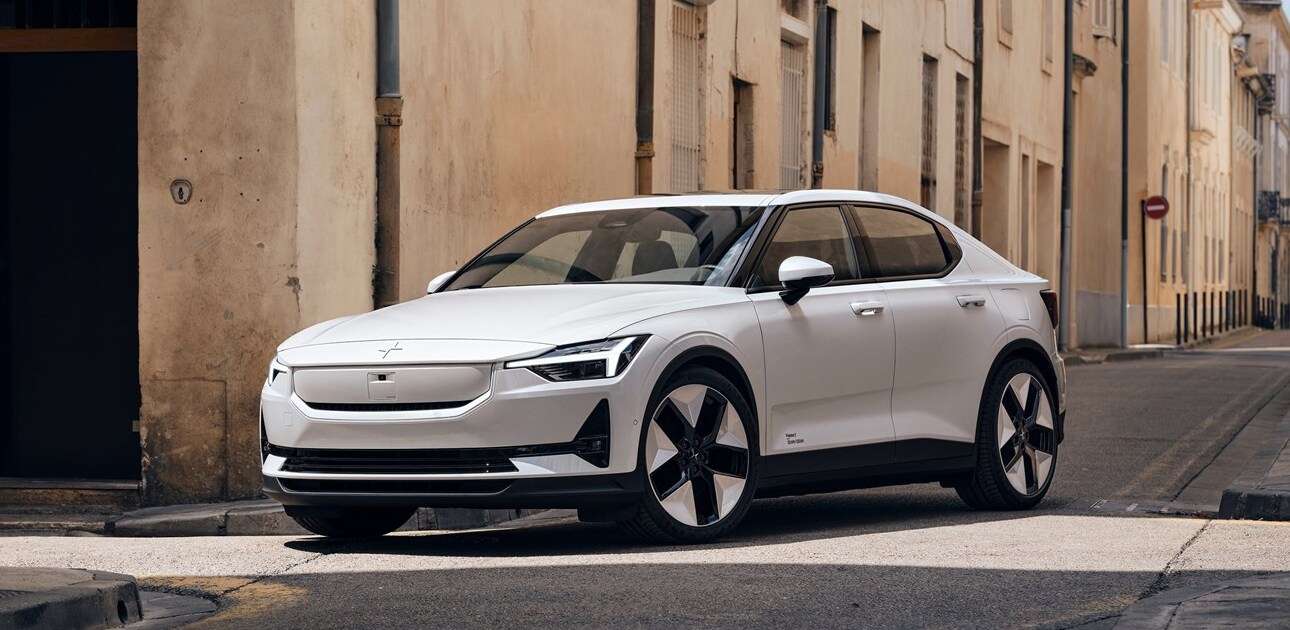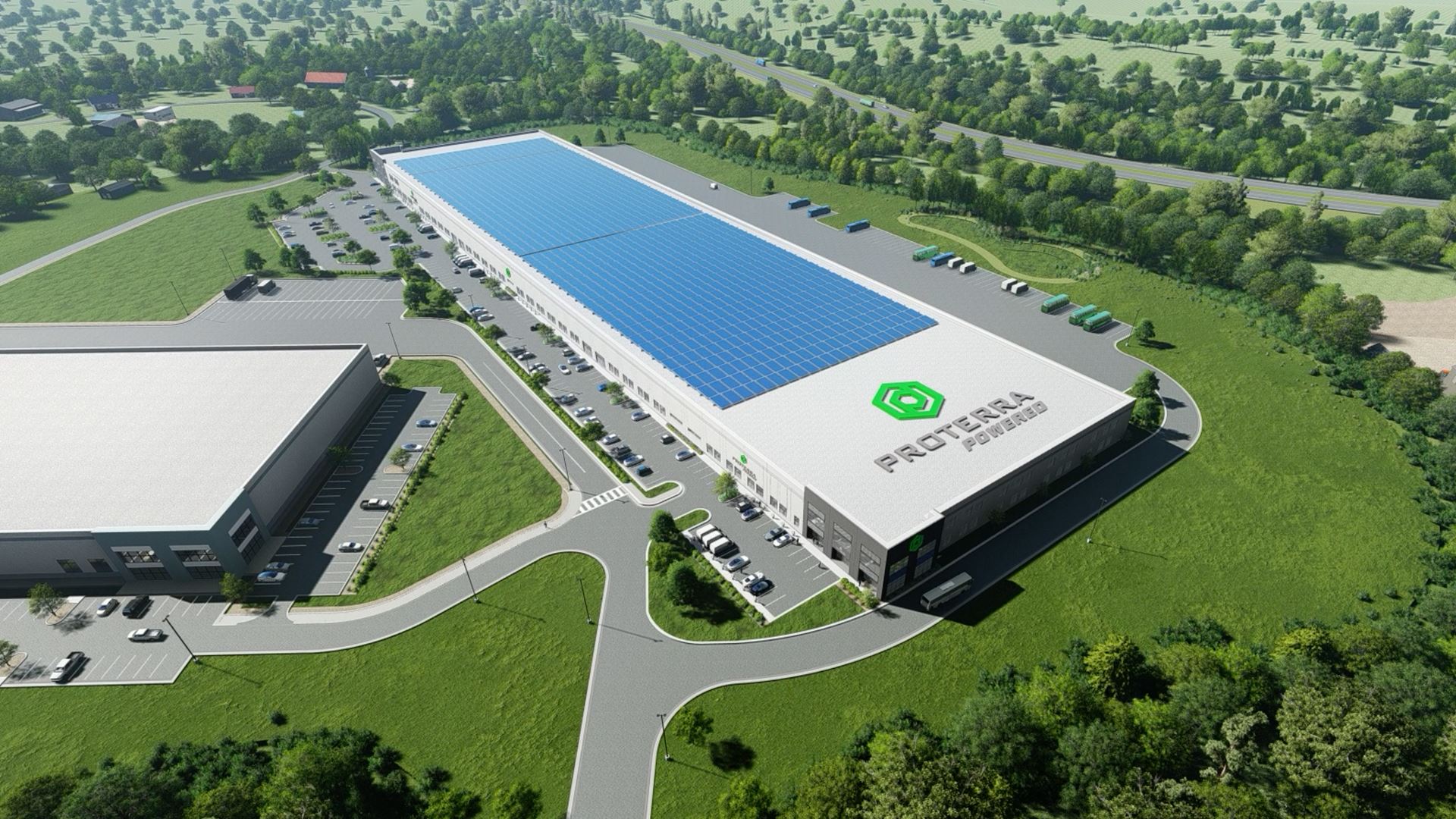Tesla and Geely-owned Volvo Car have announced temporary production suspensions in Europe due to a component shortage, signaling the impact of recent attacks on shipping in the Red Sea on regional manufacturers.
The United States and Britain executed strikes on Yemen to counter the Iran-backed Houthi militia, which has disrupted international shipping in the Red Sea—a critical global shipping route. Concerns have risen about extended disruptions in the Suez Canal, the fastest route connecting Asia and Europe, leading to a surge in container shipping rates.
In response to the altered shipping routes, Tesla informed Reuters late on Thursday that it would halt most car production at its Berlin factory from January 29 to February 11 due to component delays caused by the re-routing of ships around the southern tip of Africa. The company cited the armed conflicts in the Red Sea as a factor affecting transportation routes between Europe and Asia via the Cape of Good Hope, leading to significant delays and disruptions in supply chains. Tesla did not specify the particular components facing delays.
Similarly, Volvo Car, predominantly owned by China’s Geely, announced a three-day pause in production at its Ghent plant in Belgium. The decision was attributed to a delayed delivery of gearboxes, reflecting the broader challenges faced by manufacturers in securing essential components amid the shifting dynamics of global shipping routes.
The current disruptions in the Red Sea and potential prolonged deviations from standard shipping routes pose a significant risk to global supply chains, potentially impeding the ongoing economic recovery. Furthermore, the situation may contribute to higher freight and oil prices, potentially fueling inflation concerns. The Suez Canal, accounting for approximately 12% of global container traffic, remains a critical juncture in the interconnected web of international trade.

